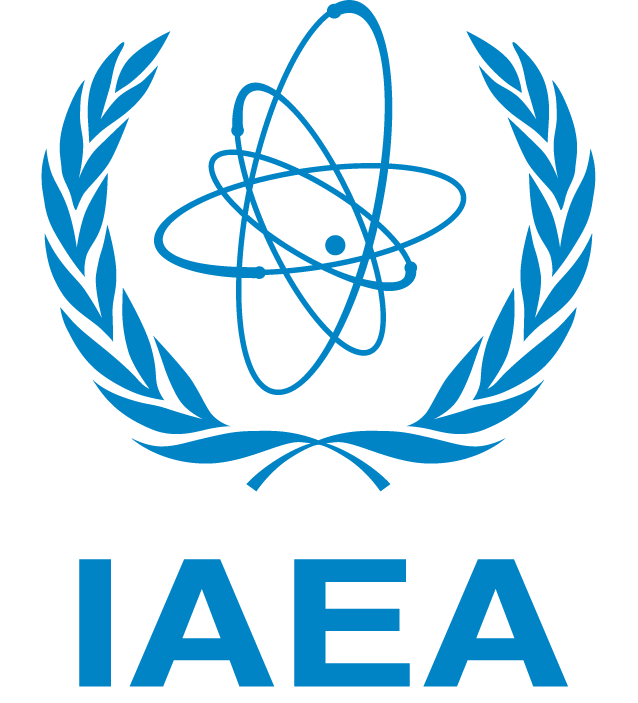Keynote Lecturers
 |
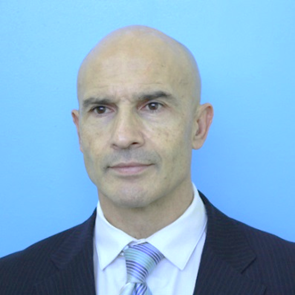 |
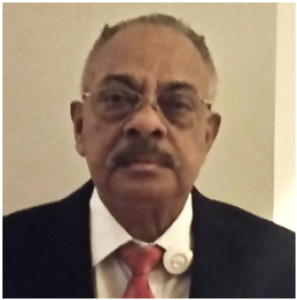 |
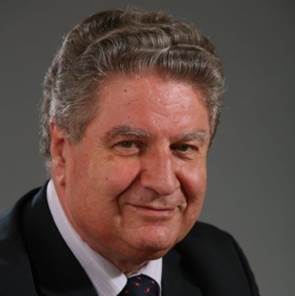 |
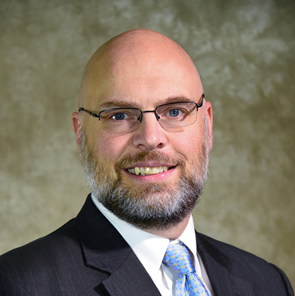 |
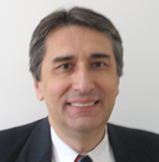 |
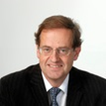 |
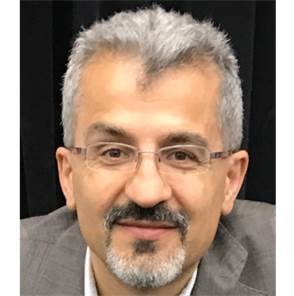 |
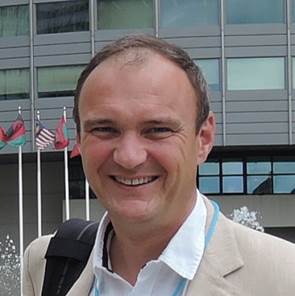 |
 |
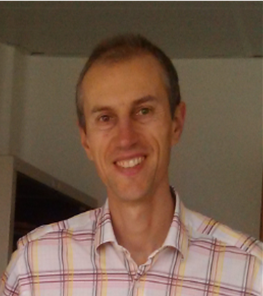 |
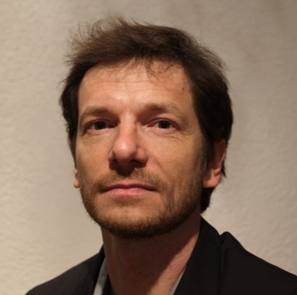 |
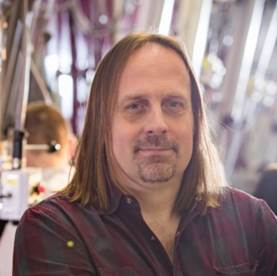 |
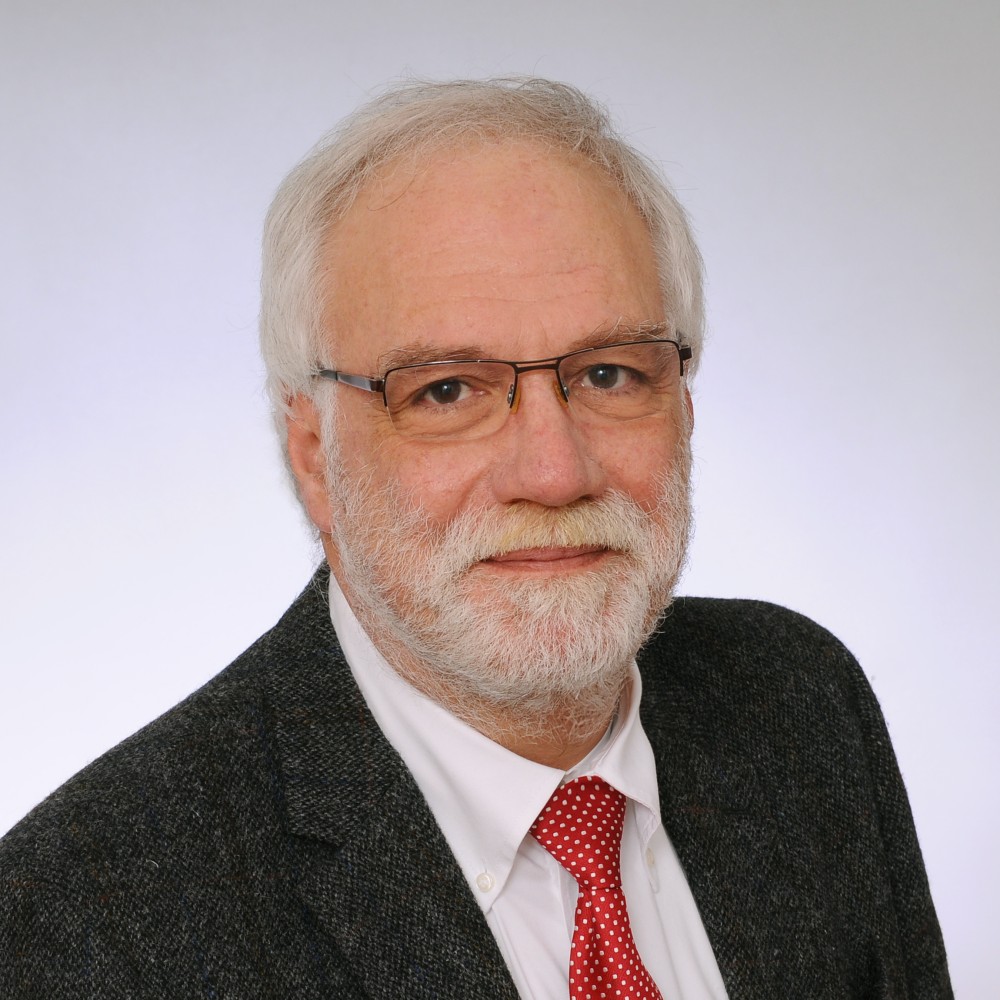 |
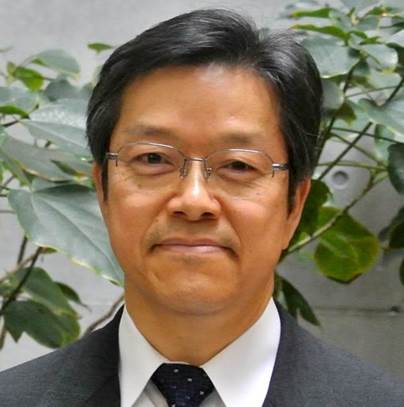 |
|
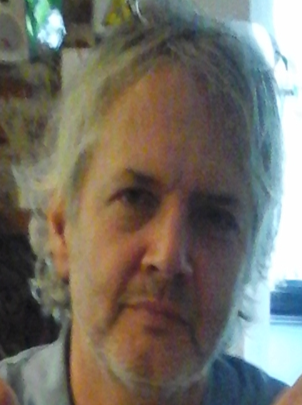 |
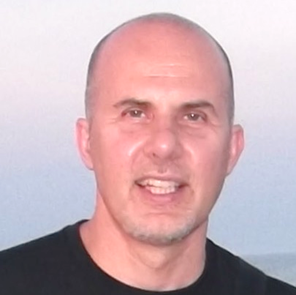 |
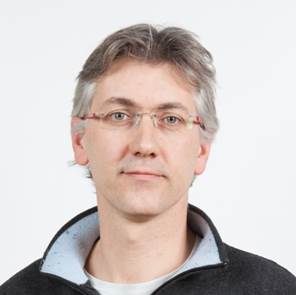 |
|
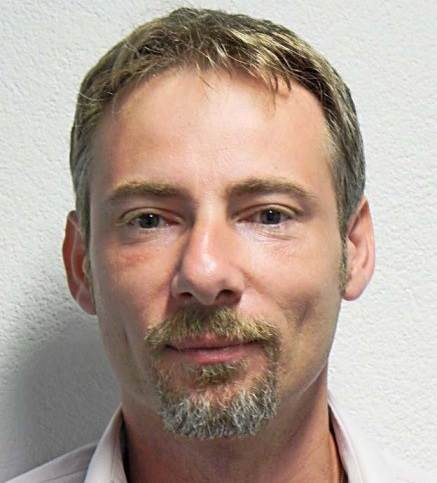 |
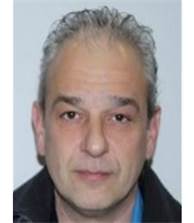 |
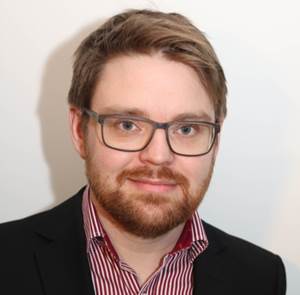 |
see Panel Moderators
see also in alphabetic order
Dr. Mathew Panicker is a Reactor Engineer at the Nuclear Performance and Code Review Branch at the Office of Nuclear Reactor Regulation (NRR) of US NRC with technical lead for fuel design/performance methodology, core physics and core thermal hydraulics. Prior to NRC assignment, he was a nuclear design engineer at Fort Calhoun Nuclear plant (FCS) in Omaha, Nebraska. At FCS he performed core and thermal-hydraulic design and support for plant operation. He taught engineering courses at Southern Company NPPs. He holds a Ph.D. and MS in Nuclear Engineering, MS and BS in Physics. Dr. Panicker is a licensed professional engineer (PE). He was chosen as the Federal Engineer of the Year for the USNRC by National Society of Professional Engineers (NSPE) for 2018.
Conference Session: A1 - Licensing and Regulatory Requirements for BEPU
Keynote Lecture: Licensing and Regulatory Requirements for Best Estimate Plus Uncertainty (BEPU) Applications – An USNRC Perspective
 Jinzhao Zhang (TRACTEBEL, Belgium)
Jinzhao Zhang (TRACTEBEL, Belgium)
Dr. Jinzhao Zhang is Chief Engineer and Key Expert at Tractebel (ENGIE), in charge of the nuclear fuel modelling, safety analysis, design evaluation and licensing. Dr. Zhang has multiple expertise and over 40 years' experience in nuclear and thermal power plant thermal hydraulics, thermal mechanics, multi-physics, uncertainty analysis, safety analysis and licensing. He has extensive experience in development, review and licensing of best estimate plus uncertainty (BEPU) methodology for safety analysis. He has provided consultancy to several international customers or organizations for fuel safety analyses and licensing. Dr. Jinzhao Zhang holds a Master's degree in nuclear engineering (Xi'an Jiaotong University, 1987) and a Ph. D. in mechanical engineering (Université catholic de Louvain, 1993). He is a member of various committees, working groups or expert groups at IAEA, OECD and PWROG, and is a co-leader of several international benchmark projects (RIA benchmark and SAPIUM project at OECD, FUMEX and FUMAC projects at IAEA). He has more than 70 publications and conference papers.
Conference Session: A2 - V&V and BEPU
Keynote Lecture: The role of Verification & Validation Process In Best Estimate Plus Uncertainty Methodology Development
 Milorad Dzodzo (Westinghouse, USA)
Milorad Dzodzo (Westinghouse, USA)
Dr. Milorad B. Dzodzo is a fellow engineer in Engineering Analysis Group in Westinghouse, Cranberry Township, Pennsylvania, USA. He obtained his Diploma in Engineering, M.Sc., and Ph.D. in 1977, 1983 and 1991, respectively from University of Belgrade, School of Mechanical Engineering, Serbia. Academic experience includes teaching and mentoring at three Universities: University of Belgrade, Serbia, 1979-1992, University of Akron, Ohio, USA, 1992-1996, and Carnegie Mellon, Pittsburgh, USA - fall 2011. Industry research experience started at Westinghouse Science and Technology Center, in Pittsburgh, Pennsylvania, USA, in 1996 and extends over twenty two years. Research expertise and interests include analysis, numerical modeling and experimental testing in a variety of fields such as: Heat Transfer, Nuclear Engineering, Scaling Analysis, Computational Fluid Dynamics, Flow Visualization, Tribology, Turbomachinery, Thermodynamics, Heating, Ventilation, Air Conditioning, and Solar Energy Conversion.
Conference Session: A3 - Scaling Issue and BEPU
Keynote Lecture: Scaling Analysis and relation to EMDAP and BEPU
Dr. Hideo Nakamura got his MS in Material Engineering in 1981 and PhD in Nuclear Engineering in 1992 both from Nagoya University, Japan. In 1981, he joined former Japan Atomic Energy Research Institute (JAERI) at Tokai to work for the ROSA (Rig-of-Safety Assessment) program to study reactor accidents for both of BWR and PWR with large-scale experiments under reactor prototypical conditions. In 2001, he became Head of Thermo-hydraulic Safety Research Group dedicated both of Severe Accident and Beyond Design-basis Accidents. Since 2005, he was Head of Operating Agent of the OECD/NEA ROSA and ROSA-2 Projects with LSTF experiments. Now he is Senior Associate for Nuclear Safety Research Center of Japan Atomic Energy Agency (JAEA).
Conference Session: A3 - Scaling Issue and BEPU
Keynote Lecture: Considerations on Phenomena Scaling for BEPU
 Mathieu Hursin (PSI, Switzerland)
Mathieu Hursin (PSI, Switzerland)
Dr. Mathieu Hursin obtained his Master of Nuclear Engineering from the Purdue University in 2005 and a PhD in Nuclear Engineering from the U.C. Berkeley in 2010 in the field of neutronics computational methods development. He works since 2011 at the Paul Scherrer Institut in Switzerland in the domain of Sensitivity and Uncertainty analysis. He moved in 2014 to the École Fédérale Polytechnique de Lausanne to lecture and focus on experimental activities related to the field of neutron transport.
Conference Session: A4 - Experimental Measurement Uncertainties and BEPU
Keynote Lecture: The importance of experimental uncertainty in the BEPU approach
 Cesare Frepoli (FPoliSolutions, USA)
Cesare Frepoli (FPoliSolutions, USA)
Dr. Cesare Frepoli (PhD, 2001, Penn State; ME, 1990, Politecnico di Milano, Italy) is the founder and CEO of FPoliSolutions, LLC. The firm specializes in developing software solutions in the energy sector. Dr. Frepoli has 27 years’ experience in the nuclear industry. Areas of expertise include numerical modelling and simulation of fluid systems, thermal-hydraulic processes and data analysis for computer codes development and validation. Dr. Frepoli is the inventor and developer of important uncertainty analysis methodologies currently used in the industry (Westinghouse Electric Company ASTRUM and full Spectrum LOCA). Dr. Frepoli acquired a vast knowledge in legacy thermal-hydraulic test programs and participated in several key experimental campaigns in support to the licensing nuclear power plants.
Conference Session: B1 - Statistical Methods
Keynote Lecture: Data Management, Statistics and Trends in Deploying BEPU Industry Applications
Dr. Rafael Mendizábal obtained his Master of Chemistry and his Master of Physics from the Universidad Autónoma de Madrid and his Master of Mathematics from the Universidad Nacional de Educación a Distancia. He obtained a PhD in Science from the Universidad Politécnica de Madrid. He works since 1986 at the Consejo de Seguridad Nuclear in Spain. His areas of expertise are: Deterministic Safety Analysis on Nuclear Power Plants, Thermohydraulic Modelling and Simulation, Nuclear Fuel design analysis, Uncertainty and Sensitivity analysis.
Conference Session: B2 - Bayesian Methods for Uncertainty Analysis
Keynote Lecture: Bayesian prespective in BEPU licensing analysis
 David Novog (McMaster University, Canada)
David Novog (McMaster University, Canada)
Dr. David Novog is a professor at McMaster University and an Industrial Research Chair in Nuclear Safety. He has over 20 years of experience in best estimate and uncertainty analysis working at utilities, in consulting, and academia. While in industry Dr. Novog piloted new uncertainty analysis methods for reactivity induced accidents with successful application in licensing, and has continued this work at McMaster by prototyping applications of multi-variate methods for safety analysis. He has been an invited expert reviewer for several best-estimate based safety-cases and has provided support to non-nuclear sectors such as defence and the insurance industries.
Conference Session: B3 - Hybrid Methods for Uncertainty Analysis
Keynote Lecture: Operating Nuclear Plant Dynamics: Examination of BEPU-type input uncertainties stemming from plant operations
Dr. Bertrand Iooss obtained a Master in Statistics and Random Models in Finance from University Paris VII (1995). He defended his PhD thesis in Geostatistics at the Paris School of Mines (1998) and his habilitation thesis in Statistics at Toulouse University (2009). From 2002 to 2010, he was a research-engineer at the Nuclear Energy Division of CEA. He is currently a senior researcher at EDF R&D, managing a CEA-EDF-AREVA research project called “Uncertainty and validation of computer models”. His research interests include computer experiments modelling, uncertainty and sensitivity analysis, geostatistics, sampling techniques, nuclear safety.
Conference Session: B4 - Sensitivity Methods as supporting tools for Uncertainty Analysis
Keynote Lecture: Sensitivity analysis of model outputs: methods and issues for the BEPU methodology
Mr. Eric Royer has a Nuclear Engineering Degree from Grenoble INP (now Phelma engineering school), France, 1992. First experience at AECL (Chalk River laboratories, Canada), on Critiacl Heat Flux look-up table and Steam Generator computation, 1993-94. Code development in reactor physics (neutronics and thermal-hydraulics) at EDF, R&D Division, 1994-96. Nuclear reactor simulation and modeling at CEA, Nuclear Energy Division, 1997-2008.
Professor in nuclear engineering and reactor physics (thermal-hydraulics), Head of Nuclear Engineering Unit at CEA/INSTN, 2009-14. Technical project management, Service for French navy nuclear reactors, CEA, 2015-now. CEA senior expert in reactor thermal-hydraulics, member of the Expert Group on Uncertainty Analysis in Modelling (OECD/NEA).
Conference Session: C1 - Thermal-Hydraulics (including I&C systems) and Reactor Physics
Keynote Lecture: Combining Verification &Validation with Uncertainty Analysis for reactor thermal-hydraulic industrial applications
Dr. David Aumiller has been employed at the Bettis Atomic Power Laboratory site of the Naval Nuclear Laboratory for more than 20 years as a thermal-hydraulic code and methods developer. He is a co-inventor of the R5EXEC software system which provides stable and well defined interfaces for reactor kinetics, T-H and control system coupling. He has published in the areas in the development of integrated code systems, numerically stable T-H coupling methods, uncertainty quantification, advanced verification techniques.
Conference Session: C3. Thermal-Hydraulics, Reactor Physics and Fuel Behavior
Keynote Lecture: Consideration of uncertainty propagation in coupled code systems
Professor Yassin Hassan has been at Texas A&M University, College Station, since 1986. He is a professor in the Department of Nuclear Engineering and the Department of Mechanical Engineering. He received his Ph.D. and MS in nuclear engineering from University of Illinois, and MS in mechanical engineering from University of Virginia. Prior to his academic career, he was principal engineer (1980-1986) at Babcock & Wilcox Company's Nuclear Power Division in Virginia. Hassan has authored/co-authored over 100 refereed papers in various journals and several chapters in books. Hassan is a registered professional engineer in Texas and a Fellow of the American Society of Mechanical Engineers (ASME) and the American Nuclear Society (ANS). He is also a member of several other societies, and chair of Nuclear Engineering of ASME. Hassan was the recipient of the George Westinghouse Gold Medal of ASME and Arthur Holly Compton Award of ANS. He has given invited lectures and short courses in the United States, Italy, Japan, Korea, Netherlands, Belgium and Mexico. Hassan's research interest is in the areas of computational and experimental fluid mechanics and turbulence, two-phase flow, laser-based flow visualization and diagnostic imaging techniques, and system modeling.
Conference Session: C5 - Role of CFD and of Structural Mechanics for MP BEPU
Keynote Lecture: High Resolution Experiments for CFD Validation and Uncertainty Quantification
 Luis E. Herranz (CIEMAT, Spain)
Luis E. Herranz (CIEMAT, Spain)
Dr. Luis E. Herranz graduated in Quantum Chemistry, Master on Nuclear Engineering and PhD from the Polytechnich University of Madrid (1996). He is the head of the research group on nuclear safety in CIEMAT since 1999. His investigation has addressed severe accidents, fuel thermo-mechanics, thermal-hydraulics of passive safety systems and power cycles for Gen IV reactors. He is the chairman of the NEA Working Group on Analysis and Management of Accidents (WGAMA). He is also a professor at the Department of Mechanical Engineering of UPCO-ICAI since 10 years and he wrote more than 100 papers in refereed journals and conferences.
Conference Session: C7 - Best-Estimate and Uncertainty Evaluation for Design Extension Condition (DEC) including Severe Accidents
Keynote Lecture: Historical Overview of Severe Accident Analysis and the Need for Uncertainty Quantification
 Jozef Misak (NRI, Czech Republic)
Jozef Misak (NRI, Czech Republic)
Dr. Jozef Misak has 47 years of experience in nuclear engineering/nuclear safety, mainly devoted to development and application of safety assessment tools applicable in design and operation of NPPs, broad experience in development of IAEA Safety Standards and other publications. More than 30 years of managerial experience in non-governmental, governmental and international organisations in various posts up to general director of the Nuclear Power Plant Research Institute in Slovakia, and first chairman of the Nuclear Regulatory Authority of the Slovak Republic, 1993-1997. During the period 1998-2004 Head of the IAEA Safety Development Unit. Extensively involved in safety missions and training activities organized by IAEA. Since 2005 he is working in UJV Rez (Nuclear Research Institute) as Vice-President for Strategy Development focusing mainly on management and coordination of nuclear safety matters in connection with major projects of the institute nationally and internationally. He published numerous research reports, scientific articles and presentations in the area of nuclear safety.
Conference Session: D1 - Light Water Reactor (PWR, WWER and BWR)
Keynote Lecture: Role and importance of BEPU Safety Analysis in Licensing of LWRs
Dr. Yuksel Parlatan is the manager of Safety Analysis Improvement Department at Ontario Power Generation in Canada. His primary responsibilities include safety analysis support for demonstrably safe operation of 10 CANDU reactors. He has spent more than a decade on improving and adopting safety analysis methods, including BEPU, to address adverse impacts of reactor ageing on safety margins with positive results; no derating of units. Prior to joining OPG in 1999, he worked at Atomic Energy of Canada in Ontario, and Brookhaven National Laboratory in New York. Dr Parlatan obtained his Ph.D. in Nuclear Engineering at MIT in 1993.
Conference Session: D2 - Heavy Water Reactors (CANDU, PHWR)
Keynote Lecture: Application of BEAU Methodology for the Loss of Flow (LOF) Event in the Darlington NPP
 Matthias Krause (IAEA, Austria)
Matthias Krause (IAEA, Austria)
Mr Matthias Krause leads the Heavy Water Reactor Technology Development activities in the Nuclear Energy department at the International Atomic Energy Agency in Vienna since 2014.
After obtaining his B.Sc in Mechanical Engineering from the University of Manitoba, Canada in 1989 he has worked at Whiteshell and Chalk River Laboratories of Atomic Energy of Canada, holding positions of Research Engineer, Section Head for Containment and Severe Accident Behaviour, and Branch Manager of Thermalhydraulics R&D. His expertise is in primary heat transport system and containment thermalhydraulics, safety analysis and experimental R&D related to CANDU reactors.
Conference Session: E2 - BEPU Methods and Results for GEN-IV and Other New Designs
Keynote Lecture: Thermalhydraulic Approaches and Needs for Advanced Water-cooled, High-Temperature Gas-cooled, and Molten Salt Reactors
 Stefano Caruso (NAGRA, Switzerland)
Stefano Caruso (NAGRA, Switzerland)
Dr. Stefano Caruso is Principal Project Manager of the Radioactive Materials "Inventories and Logistics" Section of the National Cooperative for the Disposal of Radioactive Waste. He is responsible for spent fuel and high-level waste assessment and developing and leading research programs for operational and long-term safety analysis. He obtained his Master's Degree in Nuclear Engineering at the University of Rome "La Sapienza" in 1997 and a PhD in Reactor Physics at the École polytechnique fédérale de Lausanne in 2007, performing transmission/emission tomography on spent fuel. He worked for five years at the Beznau Nuclear Power Plant on core monitoring.
Conference Session: E3 - BEPU Applications for Spent Fuel
Keynote Lecture: From a conservative approache to a BEPU implementation for spent nuclear fuel characterisation and safety assessment from the perspective of geological disposal
 Winfried Zwermann (GRS, Germany)
Winfried Zwermann (GRS, Germany)
Dr Winfried Zwermann studied General Physics at the Technical University of Munich, where he obtained his degree in theoretical nuclear physics in 1986. For almost 30 years, he has been employed at Gesellschaft für Anlagen- und Reaktorsicherheit (GRS) in Garching. His scientific work is mainly focussed on deterministic and Monte Carlo neutron transport for criticality and reactor core behaviour applications, as well as the development of methods for uncertainty and sensitivity analyses accompanying these simulations.
Conference Session: E7 - BEPU Applications for Single Physics - Reactor Physics
Keynote Lecture: Reactor Simulations with Nuclear Data Uncertainties
 Gustav Robertson (Westinghouse Electric, Sweden)
Gustav Robertson (Westinghouse Electric, Sweden)
Mr. Gustav Robertson is a Senior Engineer at Westinghouse Electric Sweden.
Since 2012, as a member of the Fuel Engineering Department, he has been engaged in different Fuel Rod Design analyses and is currently responsible for the maintenance of the software package for performing such thermo-mechanical evaluations. Within the context of ongoing development activities in the area of Fuel Rod Performance methods, Gustav is currently pursuing specific R&D work in advanced statistical methodologies, with particular focus on rigorous treatment of uncertainties.
Gustav has acquired significant experience in fuel performance modelling and related safety analyses,supporting a number of European Nuclear Power Plants with licensing analyses and bespoke investigations/evaluations.
Gustav is a graduate of Uppsala University where he earned a Master’s degree in Energy Engineering.
Conference Session: E8-A - BEPU Applications for Single Physics - Fuel Performance
Keynote Lecture: Bayesian inverse uncertainty quantification for fuel performance modelling
Dr Antoine Bouloré obtained a Master Degree of Engineering at Ecole des Mines de Saint Etienne (1996) and his PhD in Material Science at Ecole des Mines de Saint Etienne (2001) on MOX fuel behaviour modelling.
He works since 2001 at CEA Cadarache (French Atomic Energy Commission) in the Fuel Research Department, he is an expert in Fuel behavior modelling and simulation. He is also Deputy Project Manager in “Fuel Behaviour Modelling Activities” and his research is especially dedicated to fission gas behavior modelling.
He is a contributor to several international projects and benchmarks for OECD (UAM since 2011) and IAEA (FUMAC since 2015) mixing fuel modelling and uncertainty quantification/sensitivity analysis.
Conference Session: E8-B - BEPU Applications for Single Physics - Fuel Performance
Keynote Lecture: Importance of uncertainty quantification in nuclear fuel behavior modelling and simulation
 Horst Glaeser (Consultant, Germany)
Horst Glaeser (Consultant, Germany)
Dr. Horst Glaeser got his PhD in Process Engineering in 1976 from Technical University Berlin, Germany. Afterwards, he worked in the design and construction of chemical plants and nuclear reprocessing plants at UHDE GmbH in Dortmund, Germany. He joined the Gesellschaft fuer Anlagen- und Reaktorsicherheit (GRS) in Garching close to Munich, Germany in 1980. Since 2002 he was Head of Cooling Systems Department at GRS up to his retirement in July 2014. He was lead manager of the development and application of the statistical GRS uncertainty analysis method. Now he is Senior Consultant in nuclear reactor safety analysis.
Conference Session: F1 - International Program Findings and Recommendations for BEPU
Keynote Lecture: Results and Recommendations of International OECD/CSNI BEPU Programmes


